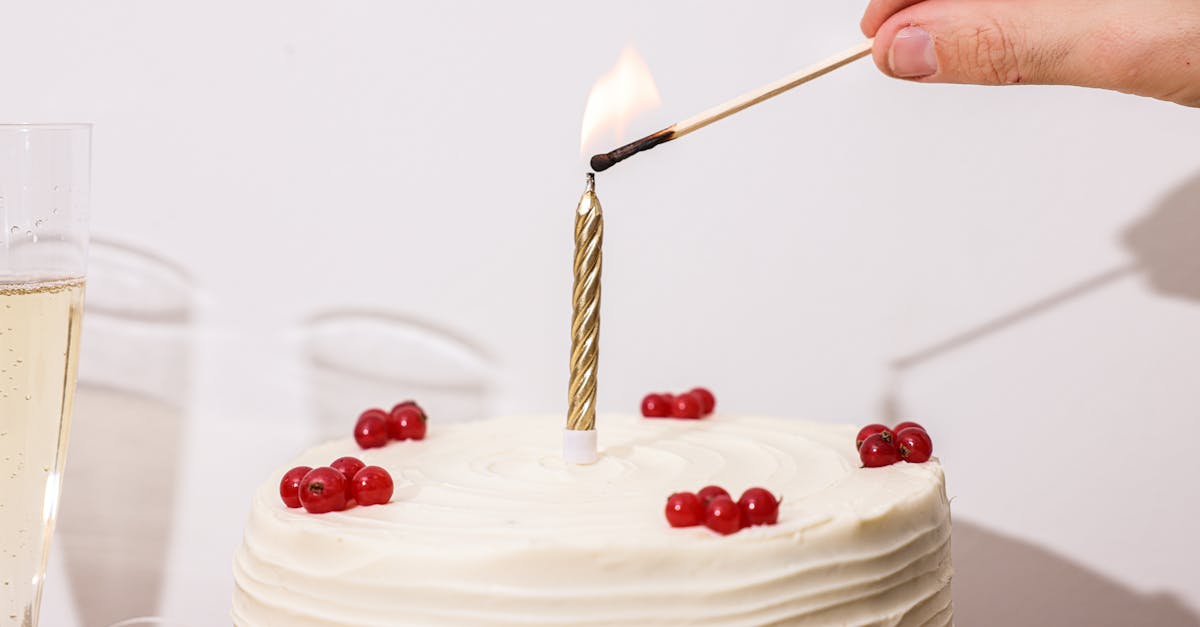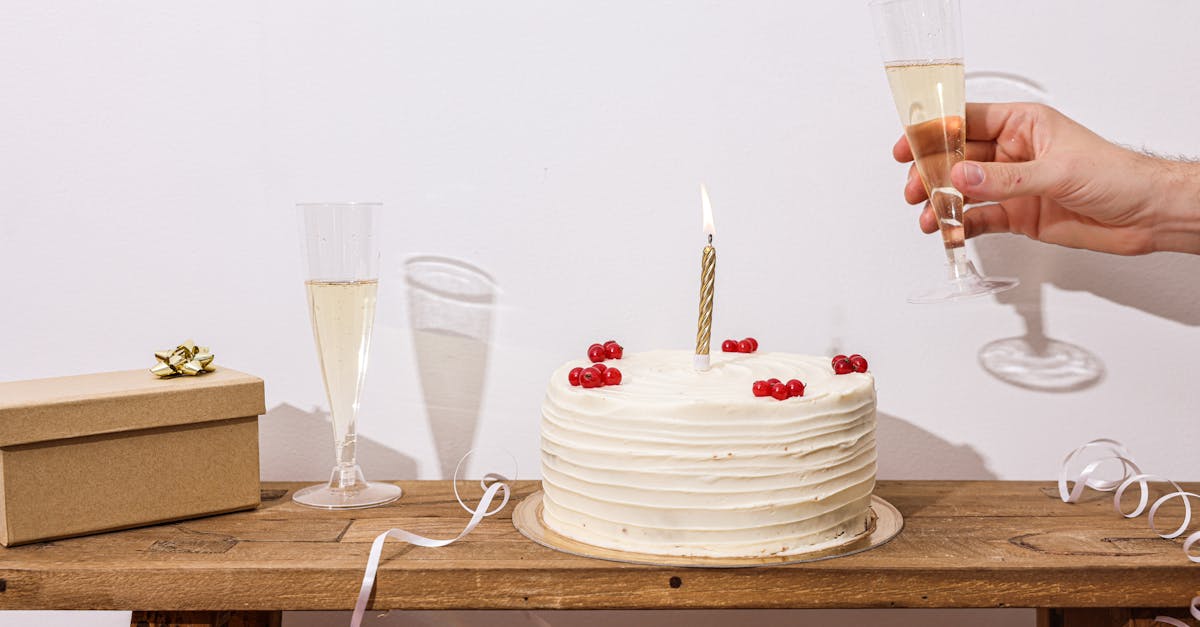
Birthday Superstitions: Historical Beliefs and Their Origins

Birthdays are joyous occasions celebrated with cakes, candles, and presents. Yet, beneath the surface of these festive traditions lies a tapestry of superstitions that have evolved over centuries. Understanding the origins of these beliefs not only enriches our cultural knowledge but also enhances the way we celebrate these special days.
The Magic of Birthday Candles
One of the most enduring birthday superstitions involves blowing out candles. This tradition is believed to have originated from the ancient Greeks, who placed candles on cakes offered to Artemis, the goddess of the moon. The smoke from the extinguished candles was thought to carry prayers and wishes to the heavens. Today, this practice continues as we make a silent wish before blowing out our birthday candles. Discover more about why we blow out candles and the origins of common birthday traditions.
The Power of Birthdays in Numerology
The significance of numbers has long played a role in birthday superstitions. Numerology suggests that certain numbers hold specific meanings and can influence one's destiny. For example, turning 21 is often celebrated as a major milestone because it symbolizes adulthood and independence in many cultures. Understanding these numerological influences can add depth to our birthday celebrations. Learn about milestone birthdays and how cultures celebrate key ages.

Protective Gifts and Birthday Traditions
In some cultures, birthdays are seen as a vulnerable time for individuals. This belief has led to the tradition of giving protective gifts. In medieval Europe, it was customary to give silver as a gift to ward off evil spirits. Similarly, in Chinese culture, red envelopes containing money are given to symbolize good luck and protection against misfortune. For more on the history of birthday gifts, explore the evolution of birthday gifts from ancient offerings to modern presents.
The Evolution of Birthday Celebrations
Over time, birthday superstitions have shaped and been shaped by cultural practices. While some beliefs have faded into obscurity, others have been adapted or incorporated into modern traditions. By understanding these historical beliefs, we gain insight into how birthdays have evolved and why certain practices endure. Delve deeper into the evolution of birthday celebrations from antiquity to modern day.

Conclusion
The superstitions surrounding birthdays are more than just quirky beliefs; they are a window into our ancestors' attempts to understand the world and their place in it. As we celebrate our own birthdays or those of loved ones, remembering these historical origins can deepen our appreciation for the rituals that make these days memorable.
Explore more about birthday history and uncover fascinating insights into how past beliefs continue to influence modern birthday celebrations.